Lammas Ecovillage
At the end of a long track, off a narrow lane, off a minor road is perhaps Pembrokeshire’s most remarkable settlement: the Lammas Ecovillage.
It might have been an echo of Tolkien’s Lembas in the name of the place, or the sight of grass-roofed houses peeping out of the landscape, or the way the stony track slowed my van down to the speed of a cart… but I felt a bit like Gandalf arriving in Hobbiton.

Except the folk living here are not hobbits. The couple who greeted me – the Wimbushes – have much more of JRR’s elves about them: Tao with his long dark hair and piercingly clear eyes, and Hoppi with her bountiful spiritual radiance.
Their wooden home – entirely built by Tao – is on one of the original nine smallholdings established here ten years ago by a group of individuals working as a cooperative. Between them, they bought 76 acres from a local farmer.
Their guiding principle has been “one planet living”. Hoppi says: “That means living within the resources base of our planet – which means three things: living a sustainable life, building naturally, and being productive with the land.”
Tao explained that the lifestyle of the average Welsh person requires 2.7 planets – and of course, we only have the one. “For the average Australian, it’s 6 planets; for the average Bangladeshi, it’s 0.1 planets.” And here at Lammas? “It’s 0.9.”

So, it seems that if we all lived like the Wimbushes, the planet’s resources would not be depleted – and humanity would have a sustainable future.
Despite the houses made of hemp and of straw bales, the tipis glimpsed through the trees, and the elvish interior of the Wimbushes’ timber home complete with a small bird happily flitting around the living room (“That’s our robin – he likes to hang out in our house,” explains Hoppi), this is definitely not Hippy-Dippy Central.
The inhabitants of Lammas are serious, hardworking, practical and highly intelligent people – from whom the rest of us could have much to learn.
That’s why so many outsiders come here. “During the season, from April to September, we have a thousand visitors,” says Tao. “Plus 250 coming on courses.”

The courses cover such topics as alternative energy, willow weaving and sculpture, mindfulness and wellbeing, shamanic drum-making, and, of course, what one planet living involves.
For those considering this kind of lifestyle, visits can be arranged to see how individual plots work and to get a general overview of daily life at Lammas.
Tao’s journey to a one planet existence has been a long one. Originally from Berkshire, when he was younger he spent 10 years living completely off-grid. “He had lived in alternative communities and had gone back into the mainstream,” says Hoppi, who hails from Lancashire.
“Before Lammas, we were living together on the Gower. Tao was a carpenter, and I was doing work in creative emotional intelligence training.”
Then the idea of land-based living took root. “It came in a blast,” says Hoppi. “Tao kept waking me up at night and saying he thought he’d ‘got it’. Then he became totally immersed in creating this project.
And I became the ‘Lammas widow’!”
Hoppi and Tao left the Gower for Lammas and a succession of hard challenges. But they were ultimately able to apply Tao’s simple philosophy of one planet living: “The most important skill is the ability to turn an obstacle into a stepping stone.”
Four years ago, Hoppi “dropped out” for a while and went to India to discover where she really needed to be. Her version of “Eat, Pray, Love” was more “Pray, Pray, Pray”; and she wound up in Tamil Nadu at the spectacular holy mountain festival of Karthigai Deepam dedicated to Lord Shiva.
It was here that she finally got the message of where she should be – and that, she says with tears of emotion, was “back at Lammas”.
Hoppi now works as a healer, medicine woman, life coach and inspirational speaker, while Tao works five days a week on their land, managing the growth of vegetables and animals (and one day a week providing planning support and advice for people getting involved in one planet living).
“We’re quite strong on livestock – fairly animal-based,” says Tao. “But there are also people here with vegetarian and vegan plots.” He raises goats for their milk and their meat, and he takes responsibility for killing the goats himself. “One of the main reasons I slaughter my own animals,” he explains, “is that I can do this with a level of care, love and respect that isn’t possible in a slaughterhouse.”
He feels local farmers were initially suspicious and not particularly welcoming when Lammas materialised. “It seemed to challenge what they were doing,” he says. “But they have seen how hard we have worked, and how we’ve stuck it out through the winters. And now I think they have some respect for us.”
The Wimbushes get their power from the sun and wind and produce 65 per cent of their food on their smallholding. “The rest we get from organic suppliers,” says Tao.

His own organic agriculture has not only enriched soil that was previously of poor quality, but it has also led to a renaissance for local wildlife with the return of such creatures as hedgehogs and otters.
And his workforce includes some natural helpers: the ducks keep the slugs under control, and the geese regularly trim the grass.
“This way of life works for me,” says Tao. “It doesn’t work for everyone.” But he is convinced that anybody – and everybody – across Wales could adopt one planet living if they wanted to.
“Most people here at Lammas have come from mainstream lifestyles,” he says, “nurse, engineer, museum curator…”
The One Planet Council, an independent voluntary body, offers support and advice to people in Wales and beyond, considering a change towards a more sustainable way of life.
“Land-based living can give meaning and purpose,” says Tao. “Today we have solutions to our problems, we know about healthy diet, for example; but we are not enacting those solutions. We have to make peace with the natural world and within ourselves – and when both these aspects are acknowledged, we can transform our lives.”
And how long does he see life at Lammas continuing?
“I don’t imagine living anywhere else,” he says. “It’s a real pleasure to be here. In many ways, it’s like a garden of Eden.”
+ Lammas Ecovillage, near Glandwr, in North Pembrokeshire; www.thelammasecovillage.co.uk.
+ The One Planet Council: www.oneplanetcouncil.org.uk










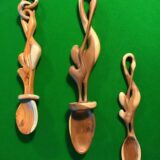



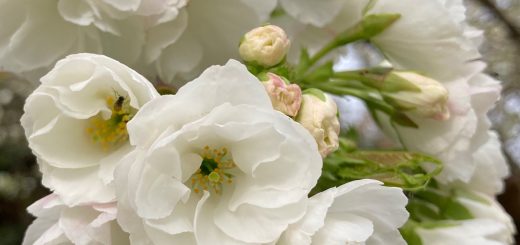
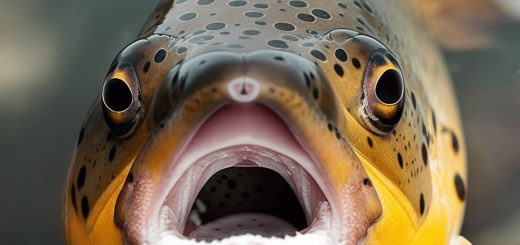
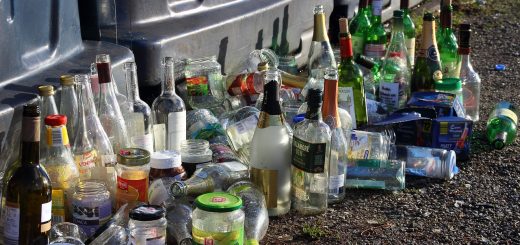
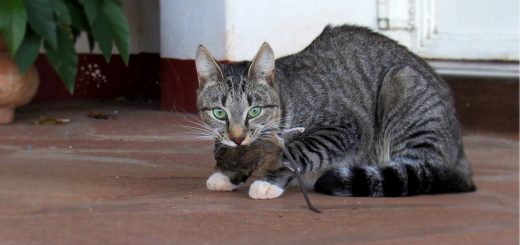
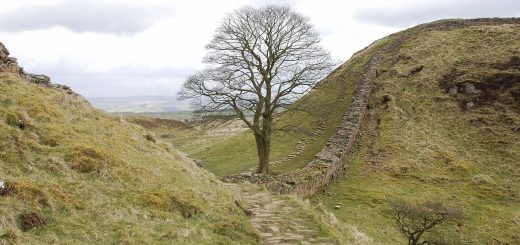
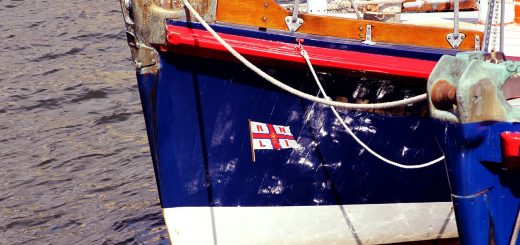
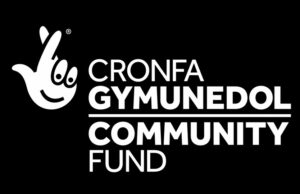
1 Response
[…] we featured the Lammas Ecovillage, near Glandwr, and focused on the alternative lifestyle of two of its remarkable residents, Tao and […]